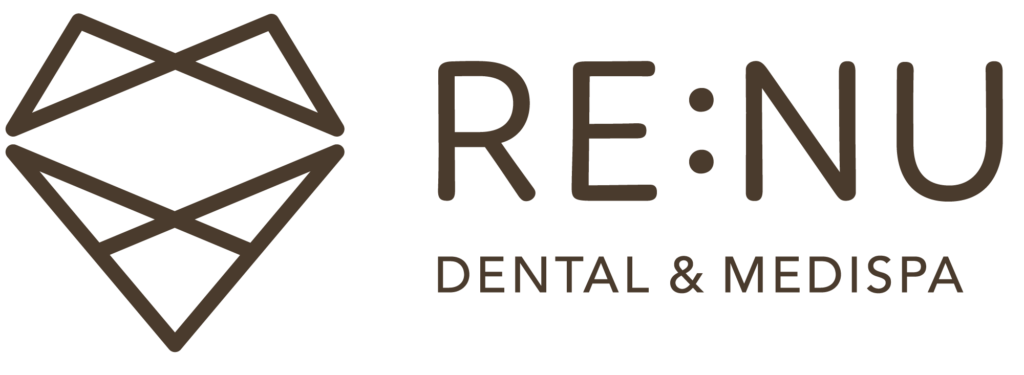Grinding of teeth (Bruxism) – is a condition when we unconsciously touch the upper and the lower teeth together as in grinding, clenching, or gnashing.
What causes grinding teeth?
According to nhs.uk, it’s not clear what causes people to grind their teeth, but it’s often linked to :
- Stress and anxiety
- Sleep disorder like snoring and sleep apnoea
- Taking certain medicines, including a type of antidepressant known as Selective Serotonin Reuptake Inhibitors (SSRIs)
- Smoking, drinking lots of alcohol and caffeine, and
- Taking drugs like ecstasy and cocaine
Teeth grinding is common in children and teenagers, particularly during sleep. It often stops when they reach adulthood and their adult teeth have come through.
How to tell if you grind your teeth?
Did you know that 8-10% of population grind their teeth and we are not aware we grind our teeth unless other people tell us. The first people to tell you is your sleep partner and your trusted Dentist during routine dental examination.
Signs and symptoms of bruxism:
- Masseter hypertrophy – an enlargement of one or both masseter muscles
- Loss tooth anatomy, may appear flat especially the molars or back teeth
- Dull headache starting in the temples
- Cheek Biting
- Scalloping of the Tongue
- Fractured or chipped tooth
- Worn out enamel, exposing the second layer of your tooth (dentine)
- Tooth pain or sensitivity
- Jaw muscles tiredness
- Jaw, neck or face pain
- Ringing of the Ear
- Presence of Lingual Tori – Bone overgrowth or bumps on the inner surface of the lower jaw.
- Sleep interruption
How to stop grinding teeth?
Awareness that you grind your teeth is the key. Our teeth should only touch each other for 8 minutes a day, even when we eat and chew our food more than 8 minutes per meal, because food cushion our teeth in between. So, if you noticed your teeth are touching when you are concentrating, doing sports, or at the gym, or lifting something….separate them immediately.
If you are experiencing two to three signs and symptoms of bruxism mentioned above, it is recommended to consult your dentist immediately to control further damage on our teeth and jaw.
Treatment procedures may include the following:
- Bite guard – different types. The best Bite guards are the one made specially for you. Not the over the counter, one size fits all one that you can buy in stores or internet which may cause more harm than good. Here at RE:NU Dental and Medispa we use our state-of-the-art Scanner to make a digital impression of your teeth and send it to the Laboratory to custom made your Bite Guard. No more messy and gooey impression materials.
- Btox for Bruxism – Injecting small amount of Botulinum Toxin at the masticatory muscle helps immobilized the muscle thus preventing powerful movements and over time may cause reduction of muscle size.
- Repair or restore teeth to its original anatomical form. It’s a simple restorative dental procedure to restore tooth to its functional anatomy, no drilling needed and use tooth coloured composite material.
- Practice good sleeping habits and address other sleep disorder such as Sleep Apnoea and Snoring.
- Stop smoking and alcohol
- Refrain drinking coffee before your bed time.
- Relaxation/stress management
- Regular facial massages
- Yoga
- Therapy
- Self-massage
Prevention is better than cure. Bruxism if left untreated will lead to Temporo-Mandibular Joint (TMJ) Disorder which is very painful for your jaw and your pocket.
For more information, please contact our friendly reception team who will be happy to share more information about this with you. https://renu-dental-medispa.dentr.net/

